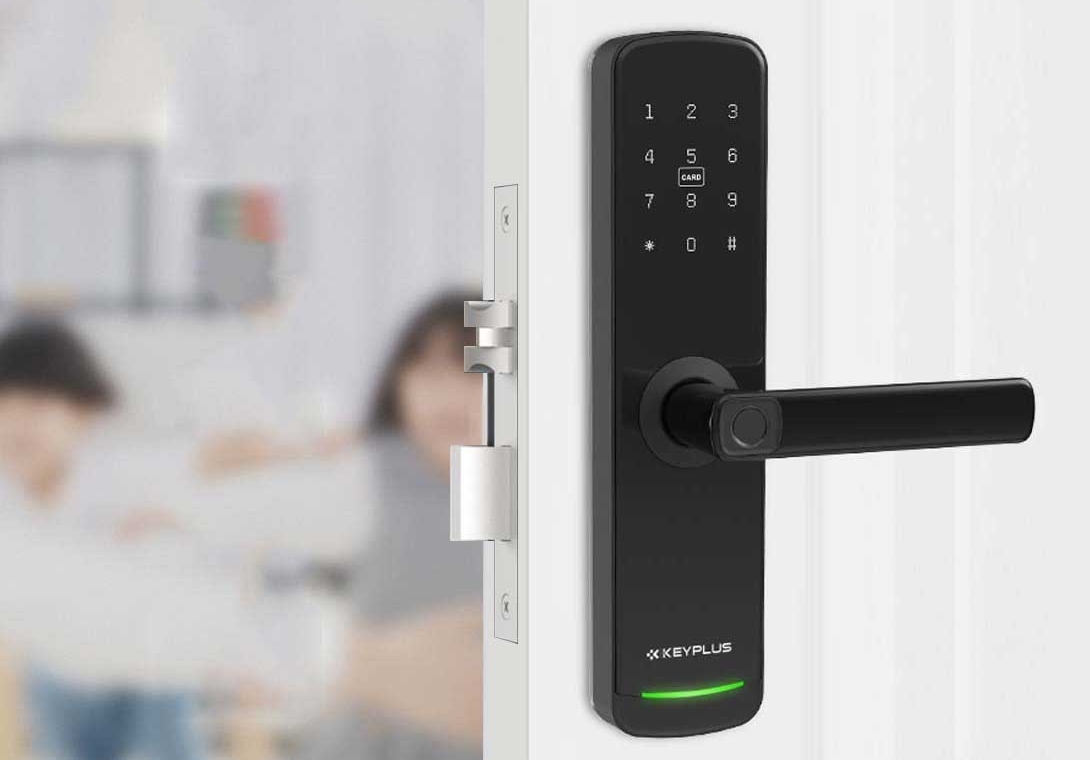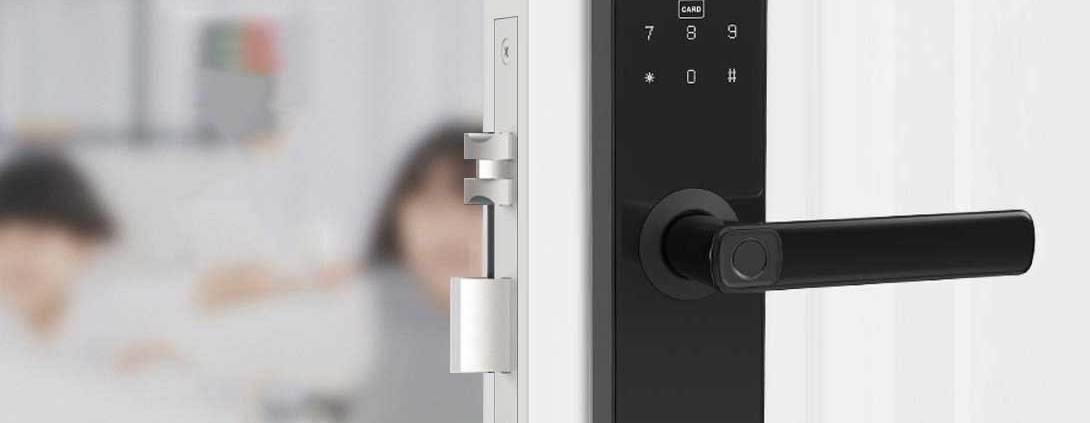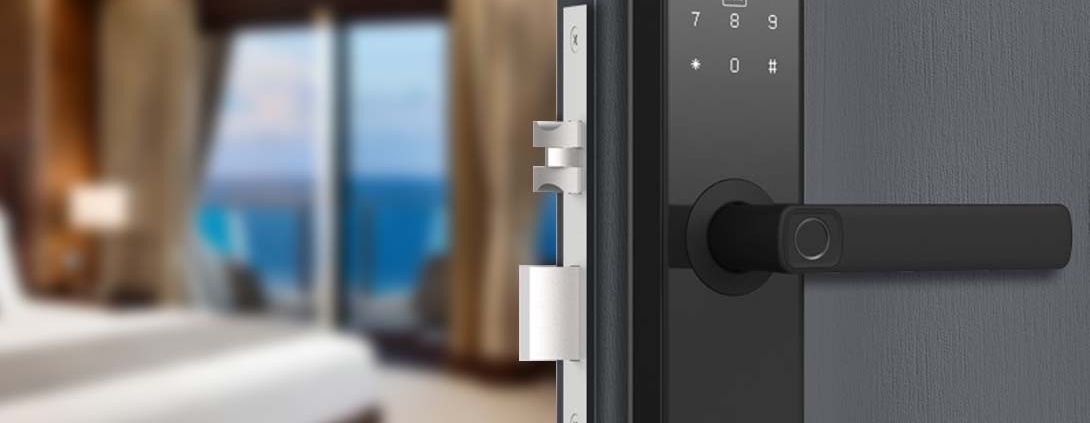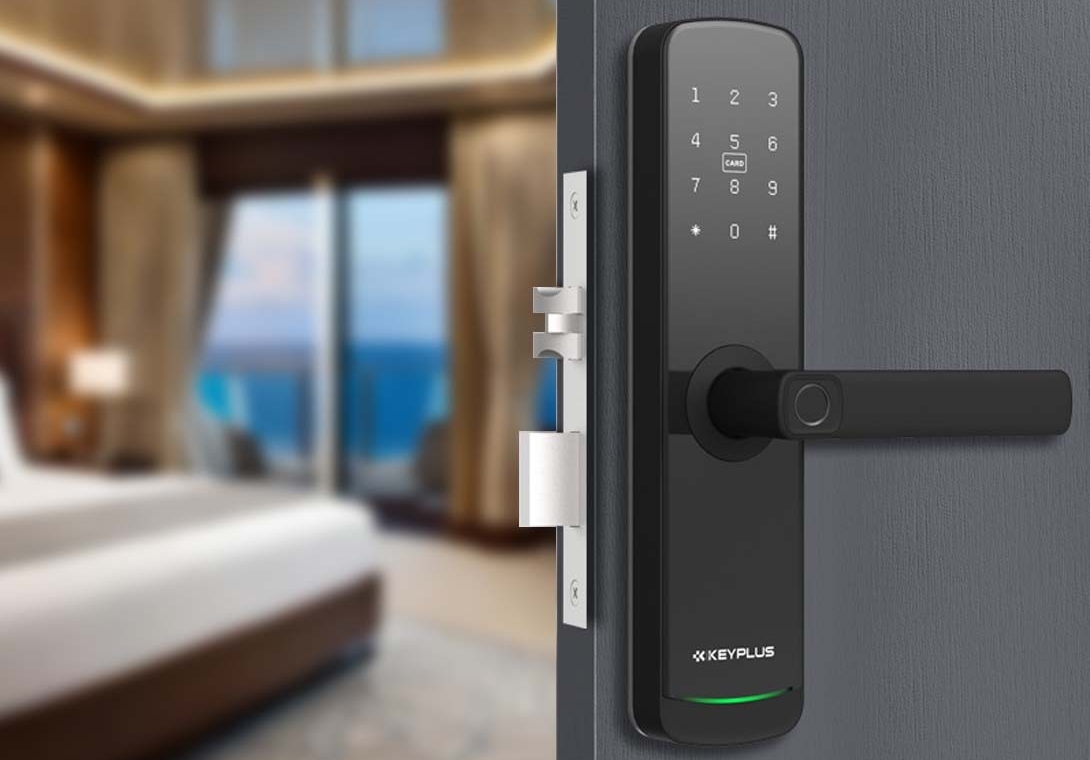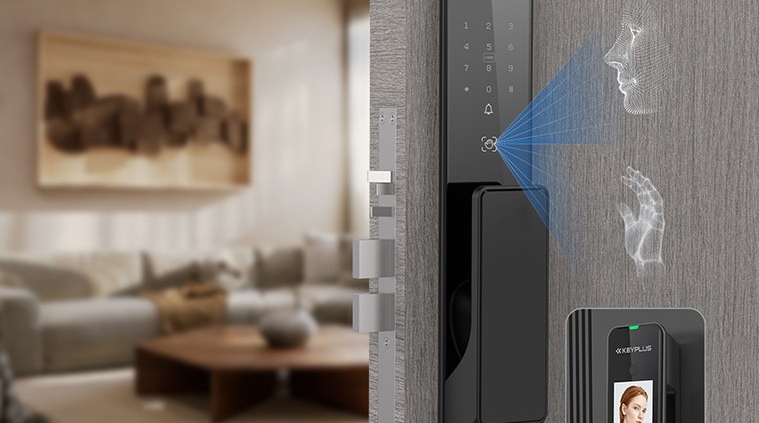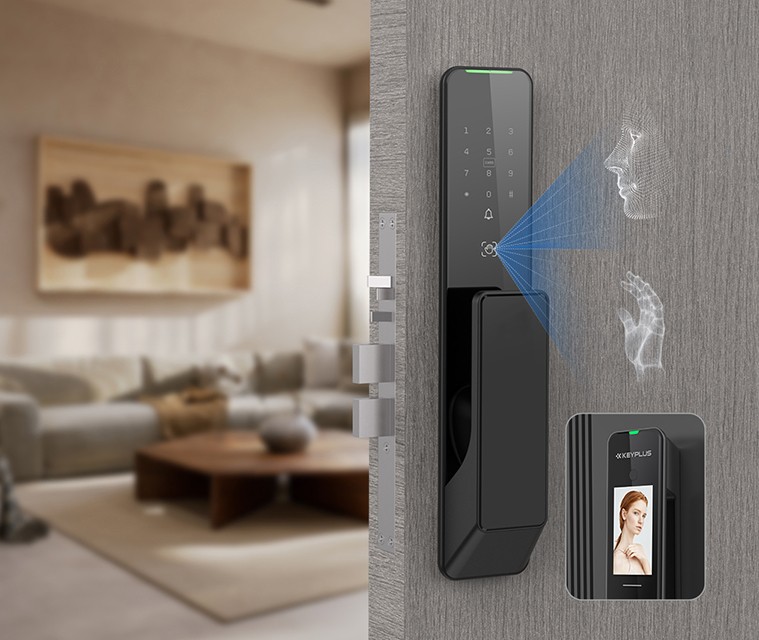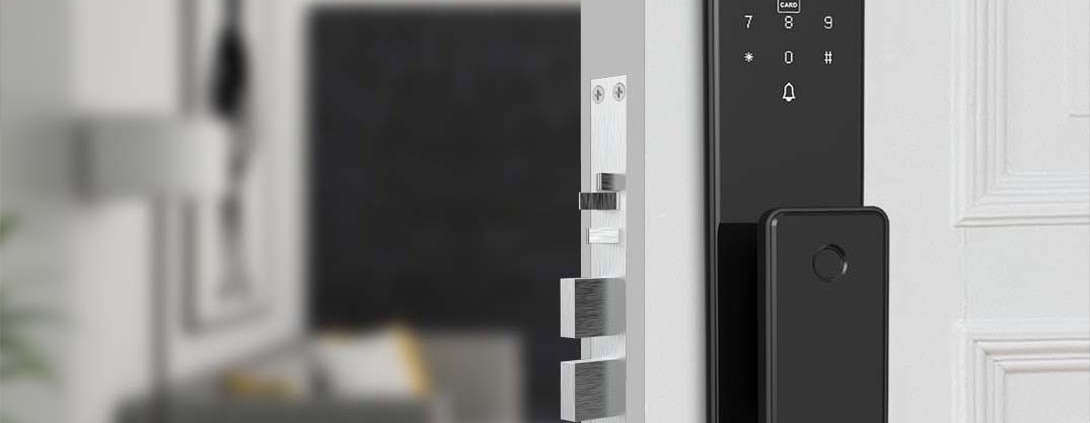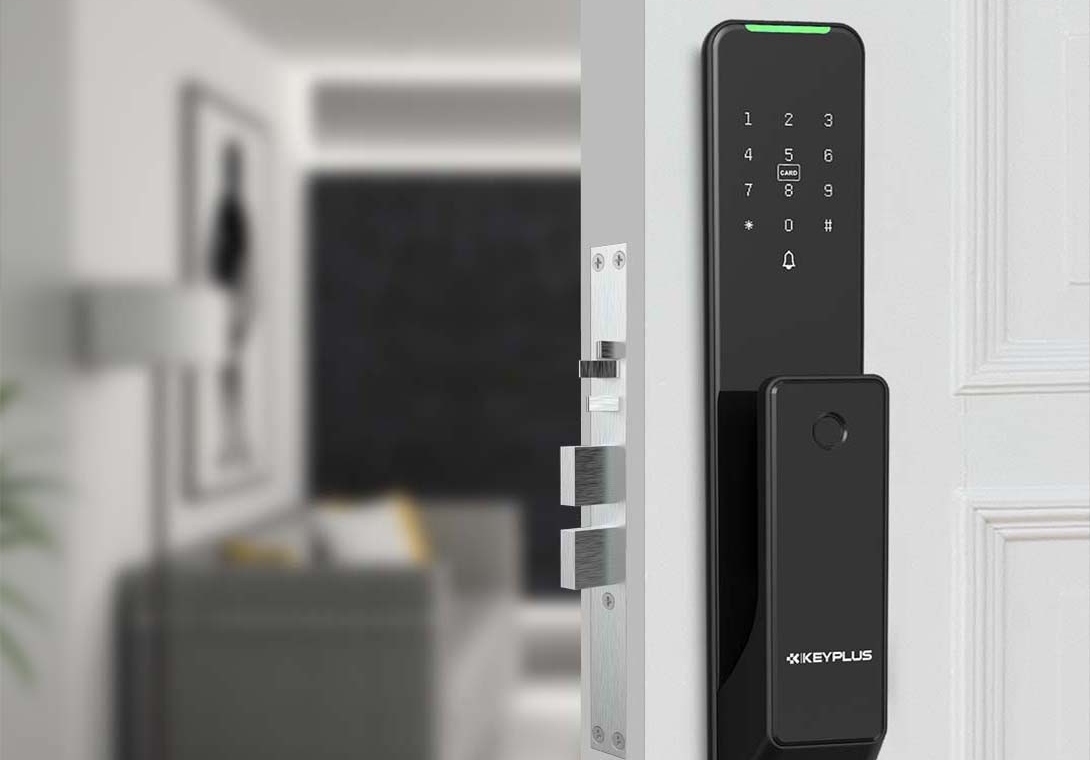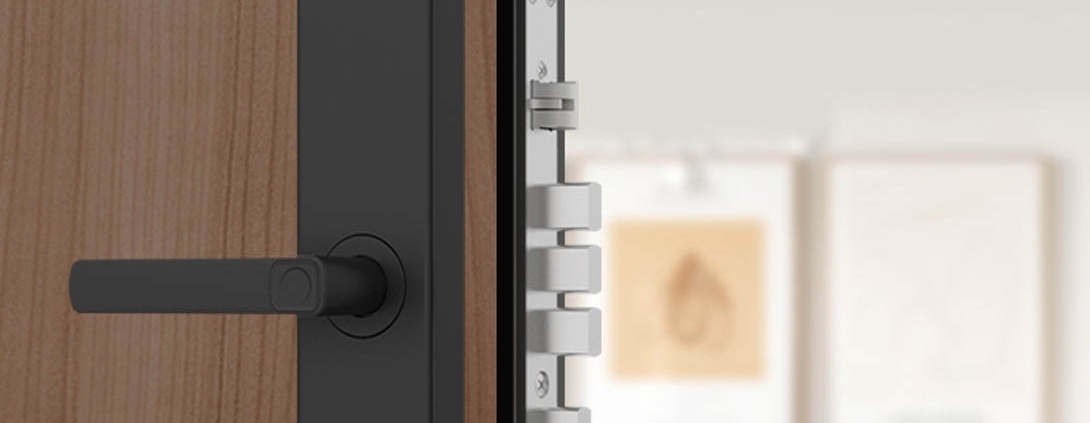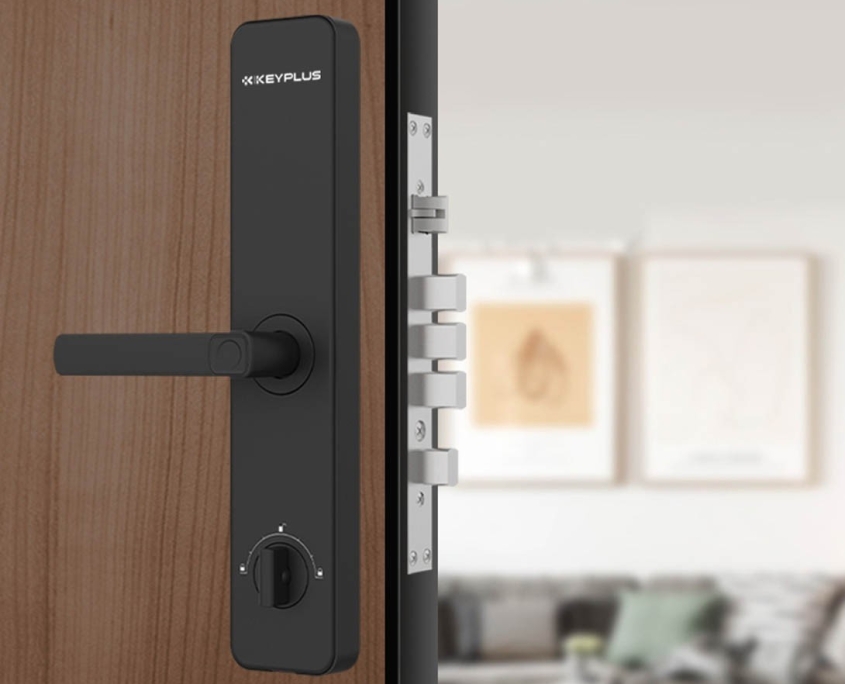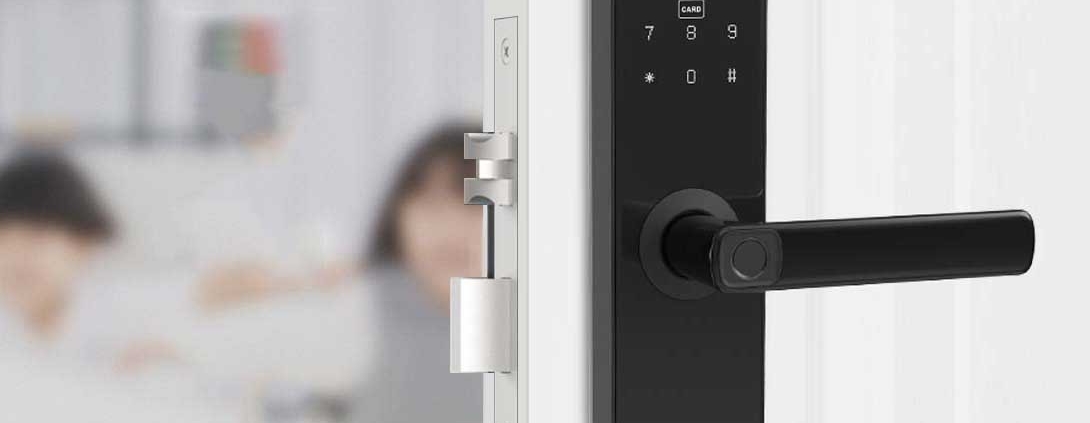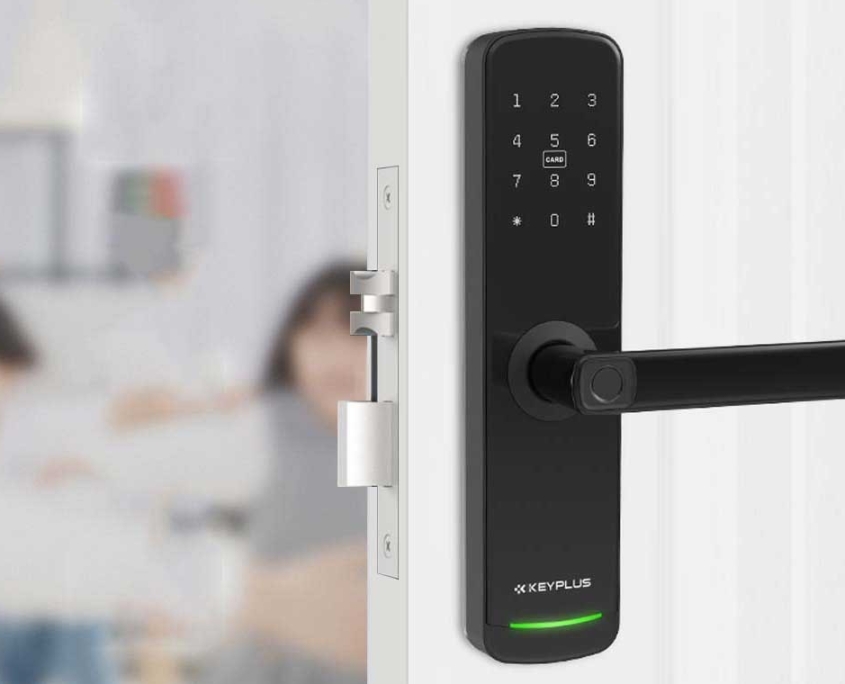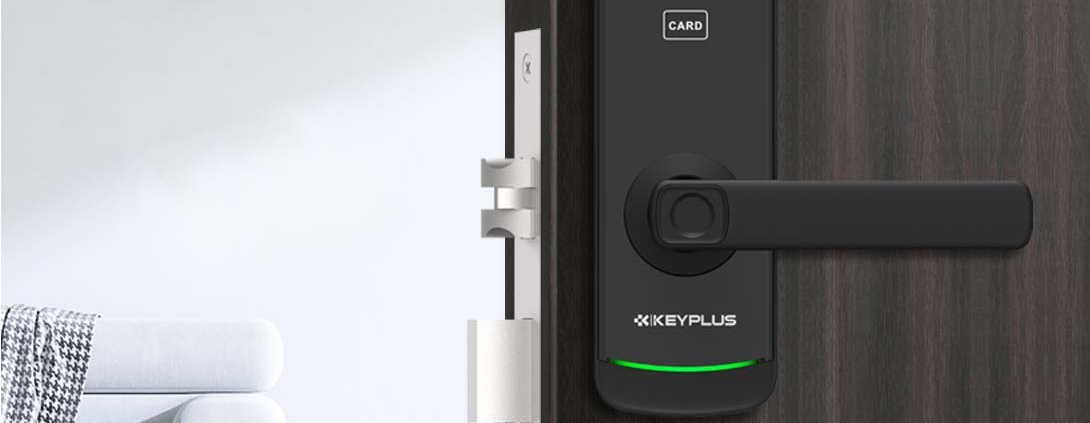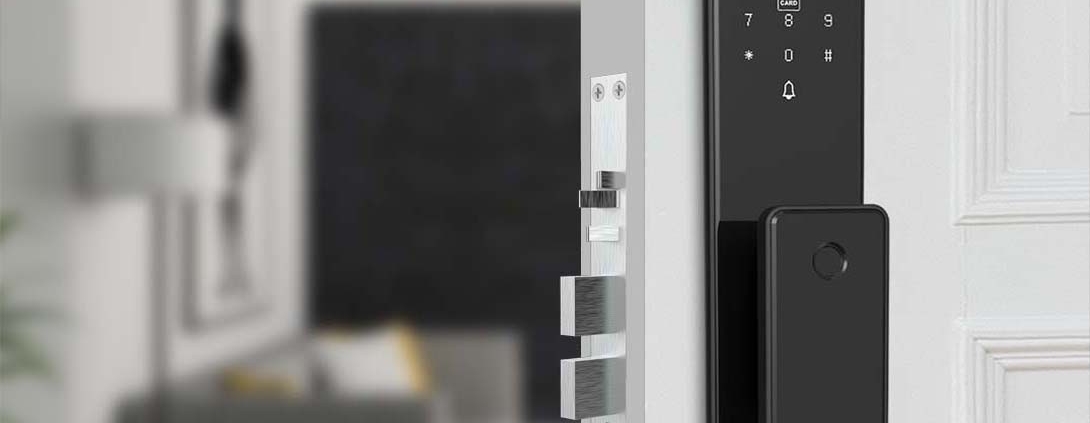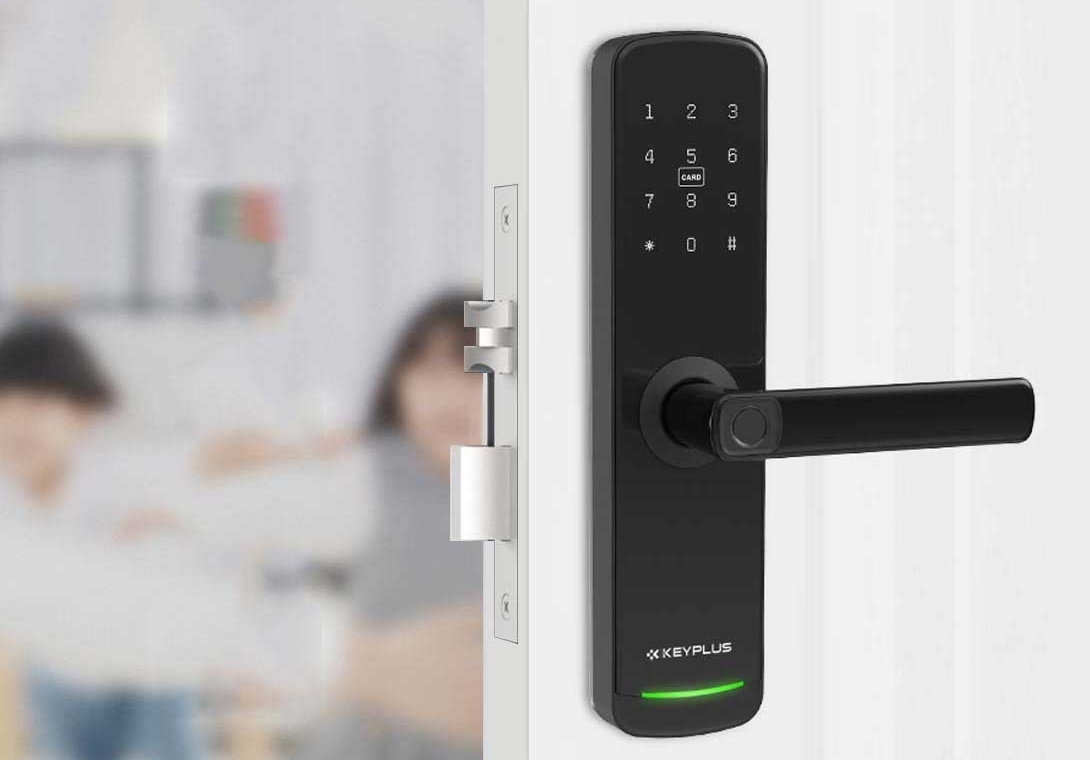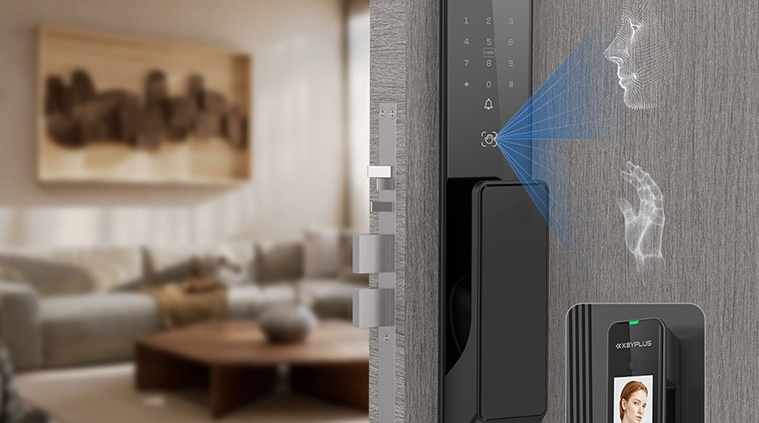Smart hotel door locks are revolutionizing the hospitality industry by replacing traditional key cards with digital, mobile, and biometric access systems. For guests, this technology offers enhanced security, convenience, and a more personalized stay.
In this article, we explore the top 10 benefits of smart hotel door locks from a guest’s perspective, explaining why this innovation is becoming a must-have feature in modern hotels.
1. Contactless Check-In & Keyless Entry
No More Waiting in Line at the Front Desk
Many hotels now allow guests to check in remotely via an app and receive a digital key before arrival. This means:
Skip the front desk – Go straight to your room.
No physical key cards – Use your smartphone or smartwatch to unlock the door.
Ideal for late arrivals – No need to wake up staff for a key.
Example:
Marriott’s Mobile Key and Hilton’s Digital Key let guests bypass the front desk entirely.
2. Never Lose Your Room Key Again
No More Lockouts or Replacement Fees
Forgetting or losing a key card is frustrating—but with smart locks:
Your phone is your key (no plastic cards to misplace).
Backup access options (PIN codes, biometrics, or wearable devices).
No $20 key replacement fees (common with lost magnetic cards).
Pro Tip:
Even if your phone dies, most hotels provide backup access methods like a temporary PIN.
3. Enhanced Security & Privacy
No Risk of Key Card Cloning or Theft
Traditional key cards can be copied or stolen, but smart locks offer:
Encrypted digital keys (harder to hack than magnetic strips).
Auto-locking feature (doors relock if left open).
Real-time notifications (alerts if someone enters your room).
Security Fact:
Some systems use military-grade AES-256 encryption, the same standard as online banking.
4. Easy Access Sharing (Without Extra Keys)
Grant Temporary Access to Family, Friends, or Staff
Instead of requesting extra key cards, you can:
Share digital keys with travel companions.
Schedule housekeeping access for specific times.
Provide one-time entry for delivery personnel.
Example:
Hyatt’s app lets guests assign temporary access to others without visiting the front desk.
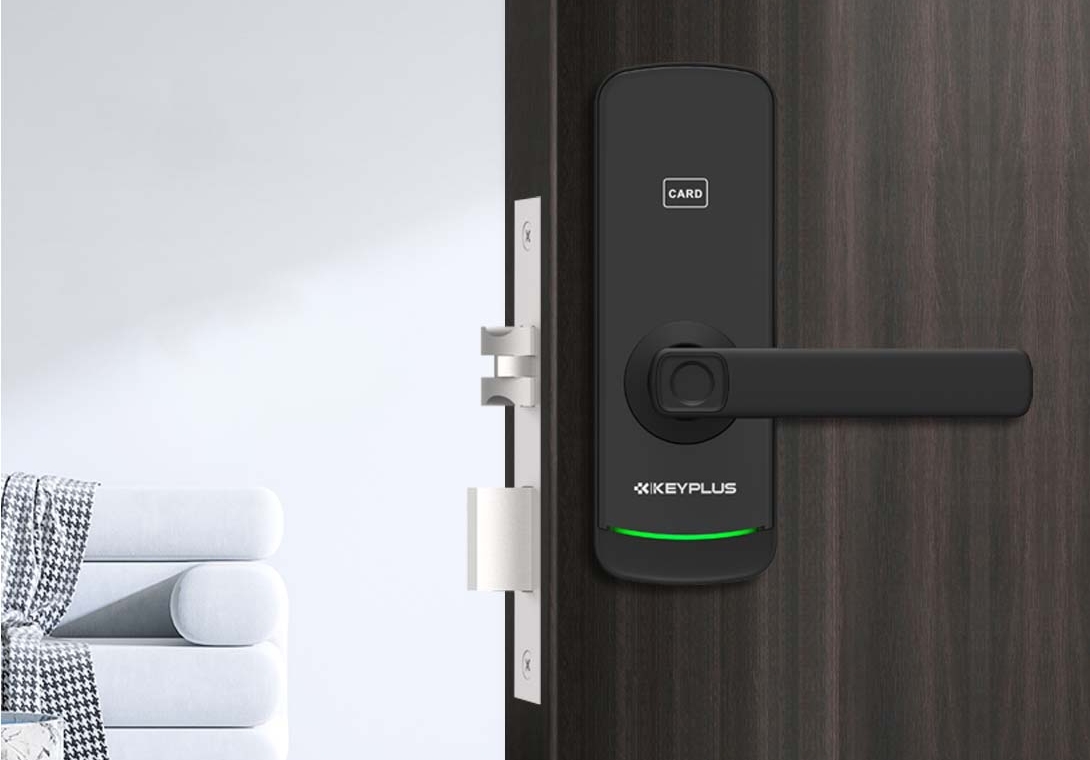
5. Faster Room Changes & Upgrades
No Need to Return and Reprogram Keys
If you switch rooms, smart locks allow:
Instant key updates (no need for new cards).
Seamless upgrades (digital keys adjust automatically).
Guest Experience:
“At a W Hotel, I was upgraded to a suite—my phone unlocked the new room immediately, no front desk visit needed.” – Frequent traveler review.
6. Hands-Free Entry (When Carrying Luggage)
No More Fumbling for Key Cards
Smart locks enable:
Phone/Watch Tap-to-Unlock (NFC or Bluetooth).
Fingerprint or Face Recognition (biometric entry).
Voice Commands (“Alexa, unlock my hotel room”).
Ideal For:
-
Parents carrying children.
-
Business travelers with briefcases.
-
Guests returning with shopping bags.
7. Personalized Room Experience
Smart Locks Integrate with In-Room Automation
Some hotels sync door access with:
Lights & Temperature (adjust when you enter).
TV Preferences (welcome screen with your name).
Music & Ambience (plays your favorite playlist).
Luxury Example:
At The Peninsula Hotels, doors recognize returning guests and automatically restore their room settings.
8. Activity Logs for Safety & Transparency
See Who Accessed Your Room & When
Smart locks provide:
Entry history (time-stamped logs of all access).
Staff monitoring (know when housekeeping entered).
Security alerts (if an unauthorized attempt occurs).
Privacy Note:
Reputable hotels comply with GDPR/data protection laws—logs are only viewable by guests and authorized staff.
9. Reduced Risk of Key Card Demagnetization
No More Frustrating “Key Not Working” Moments
Traditional key cards fail when:
Placed near phones/magnets.
Bent or scratched.
With smart locks:
Digital keys never demagnetize.
Tech Advantage:
Bluetooth/NFC keys auto-refresh, ensuring consistent functionality.
10. Future-Proof Travel Experience
Hotels Are Rapidly Adopting Smart Lock Tech
By 2025, over 80% of luxury hotels will offer mobile keys. Early adopters enjoy:
Priority at tech-savvy hotels.
Exclusive mobile perks (early check-in, room selection).
Industry Trend:
Major chains like Marriott, Hilton, and IHG are investing heavily in smart lock systems.
Are There Any Downsides?
While smart locks offer many benefits, some guests report:
-
Older travelers may prefer traditional keys.
-
Phone dependency (if battery dies, backup is needed).
-
Occasional tech glitches (rare, but possible).
Solution:
Hotels always provide alternative access methods (front desk codes, backup cards).
Final Verdict: Are Smart Hotel Locks Worth It?
YES, If You Value:
Convenience (no keys, contactless check-in).
Security (encrypted access, real-time alerts).
Personalization (smart room integrations).
NO, If You:
Prefer traditional keys (low-tech approach).
Don’t use a smartphone (though alternatives exist).
Conclusion
Smart hotel door locks provide faster check-ins, better security, and a more seamless stay—making them a game-changer for modern travelers.
Have you tried a smart hotel lock? Share your experience below!

In today's smart home era, Wi-Fi door locks have become a popular choice for Americans looking to enhance security and convenience. These high-tech locks allow you to control access to your home remotely using a smartphone, voice commands, or…

Keyless entry door locks have become increasingly popular in American homes, offering convenience and modern technology. Instead of fumbling for keys, homeowners can unlock their doors using a keypad, smartphone, fingerprint, or even voice commands.…

In today's digital age, hotels worldwide are upgrading from traditional key cards to smart door locks – advanced systems that use cutting-edge technology to enhance security and guest convenience. But how exactly do these futuristic locks…

Best Smart Door Lock Manufacturer in Saudi Arabia: Enhancing Security with Innovation
In today’s fast-evolving world, security and convenience are top priorities for homeowners and businesses alike. Saudi Arabia, a hub of technological advancement…

In an era where convenience and security are paramount, smart door locks have become an essential part of modern homes and businesses. Dubai, known for its innovation and luxury, is at the forefront of adopting smart home solutions. If you're…

The Smart Home’s First Defense: Your Complete Guide to Choosing a Digital Door Lock
Forget fumbling for keys with arms full of groceries or worrying about lost keys during vacation. Digital door locks offer keyless entry, remote access, and…
